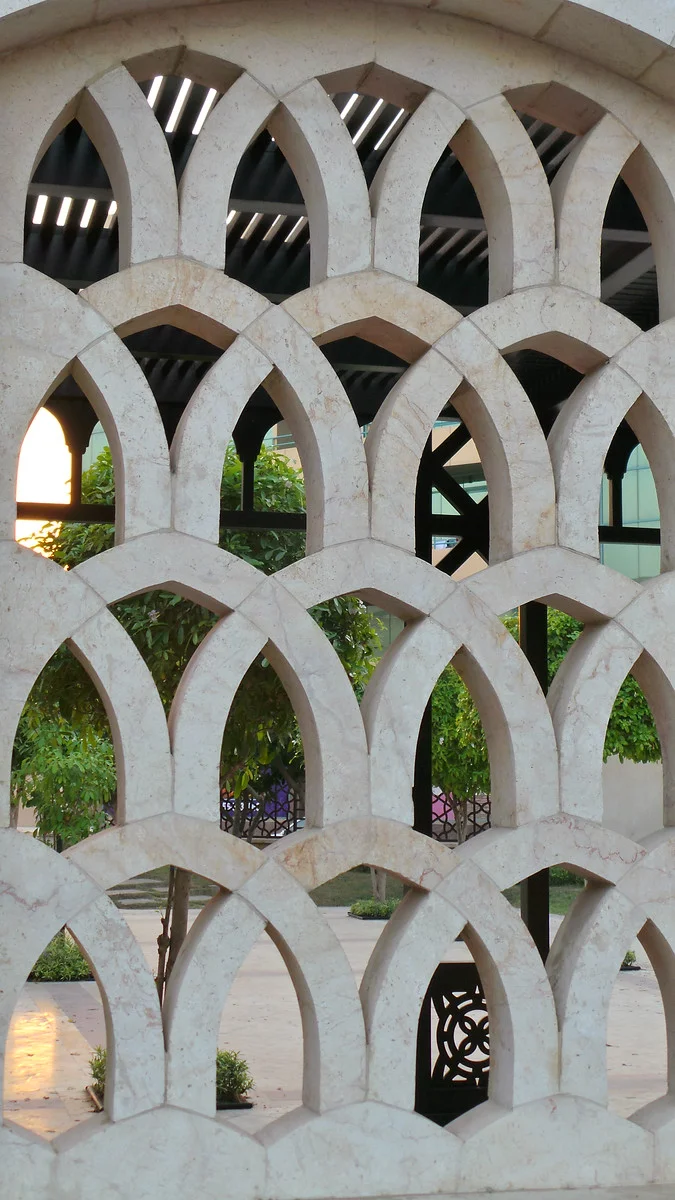How many times have you encountered something truly global and truly edifying?
We're talking something that elevates the soul and has built a worldwide following, something that is lamentably rare and special.
We're talking Scouting, an historically Christian movement with a wonderfully Ismaili flavor.
These are the words of wisdom. They are what she cries out in the streets. And this is the heart of God. Not that we remain in ignorance, but that we embrace knowledge.
We'll begin here: believe it or not, you're always telling your story. Every day in fact.
It isn't your whole story, but it is a story.
Your story matters, because your story is life-shaping, life-defining and life-changing. It has the potential to chart and change the course of a human life. Isn't that incredible?
Let's look at some of the changes that can be wrought through telling your life story:
April 1st to April 10th sees the return of the annual Toronto Storytelling Festival, the fourth iteration of this celebration of story.
This year, Navroz and Easter fall within a week of each other. Both are celebrations of new life and bear a remarkable similarity in symbolism.
Ever wondered why Christians and Ismailis don't get together more?
Well now there's no excuse!
We firmly believe that, if we can just get in the same room, we'll see that Christians and Ismailis can be friends. That is, after all, why we're called 'Ismaili Friends'!
Jesus' response to the question "who is my neighbor" is not what we might call direct.
As was his way, asked a simple question, he answered with a story - something which we like very much here at Ismaili Friends.
His story, an illustration of the principle that we should love our neighbors as we love ourselves, is a great lesson for Christians and Ismailis as we consider the topic of interfaith dialogue.
Have you ever wanted to talk to someone with a different faith to you?
Interfaith dialogue is a simple idea. It means conversation, engagement and interaction between people from at least two different faith backgrounds.
For us here at Ismaili Friends, it means dialogue between Ismailis and Christians.
Stories are both the gate and the gatekeepers to our emotions. They open the way to a deeper self-understanding.
But that understanding doesn't end at us. Good stories are intense windows into someone else's life, someone else's experience. By evoking in us the emotion that the protagonist feels, they allow us to identify.
Do you want to know more about Ismailism?
If you're like us, you don't want to stop at the basics. You've read our introductions, but now you want to go deep, way deeper than a website can take you.
So why not check out our current favorite five Ismaili book list? It'll give you a great overview of several different Ismaili topics, a window into the history and theology of Ismailism.
Each of us have a story. Each of us have a story that has meaning. Each of us have a story that connects us to one another. Our stories, our life stories, have power. They have the power to connect, to throw down obstacles, to raise up bridges, to restore community, to redeem relationships.
A young, Afghan boy waved 'goodbye' to his friends as the bus took him and his family away from his home in the rugged mountains. The rise of the Taliban meant 'home' was no longer safe and theirs would now be the story of refugees.
There was a time when Ismailis were known as the 'batini', those who followed the batin, the inner, esoteric truths. Today, that tradition of delving beneath the outward meaning persists. Ismailis, led by the Aga Khan in their pursuit of the secret, deeper truths, acknowledge outward acts of devotion but give precedence to both inner symbolism and inner purity.
King Suleyman's hope for all of us reading this book of Proverbs is that we'd grow wise, grow in understanding and knowledge.
A new art display at the Newton Cultural Center in Surrey, Canada, features the work of nine Ismaili women across various mediums, from paintings to sculptures.
Population: 64 million
Number of Ismailis: 14 000
Key Area: London
Just recently, The Essential Ismaili released another of Mr Andani's talks (originally delivered at Harvard in March 2013) and we were asked by our friends at Ismaili Gnosis to review it. This is our response.
The ultimate goal of our Ismaili friends is to achieve full knowledge of, and consequently unity with, God. As the mirror of God, the Imam is central to this process.
Born December 13th, 1936 to Princess Tajuddawlah in Geneva, Switzerland, Prince Shah Karim Al Hussaini is the fourth Aga Khan and 49th Ismaili Imam. Known variously as Hazar Imam or Mawla to his followers, he is a British citizen, raised in Kenya, educated at Harvard, who owns property in Italy and has his primary residence in Aiglemont, France. Building on the work of his grandfather, Sir Sultan Muhammed Shah, he has transformed the office of the Imam into the role of an international dignitary.





















